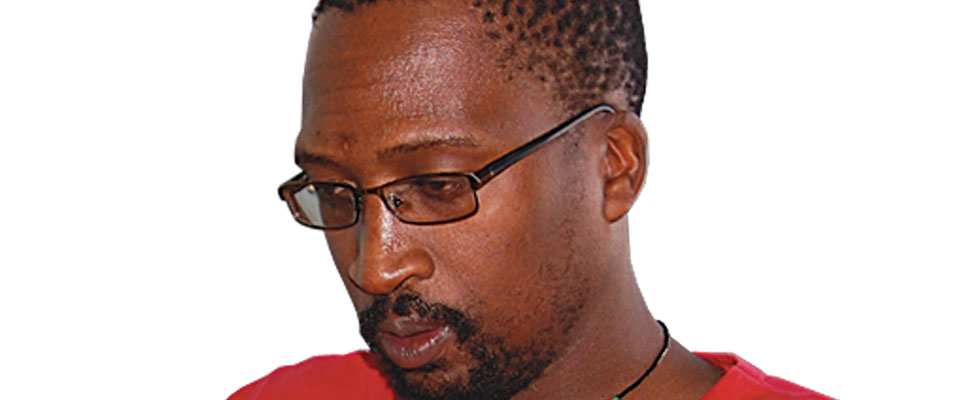
President Robert Mugabe, after addressing jubilant supporters upon his return from the African Union Summit in Ethiopia last week, had what the State media called a “carpet mishap”.
Takura Zhangazha
The private media referred to the incident as either “Mugabe falls” (NewsDay) or “Mugabe falls down steps” (DailyNews).
Images of the incident, even after some photojournalists had them deleted by security agents, found their way not only into mainstream private and global media, but also the Internet.
On the latter medium, some of the images reflected the actual event, while a greater number had been photo-shopped to infer different meaning.
Information minister Jonathan Moyo downplayed the incident by claiming that essentially anyone can stumble and fall, including Jesus, especially if carpets are not set right. The opposition MDC-T spokesperson, Obert Gutu, said that the incident was indicative of the President’s age and that he must resign.
What cannot be denied, however, is that the incident is of public interest and all media, no matter their editorial bias, are correct to report it as fact even if they differed in the terminology of describing it.
Domestic public reaction is yet to be fully measured, but it was always going to be mixed and expressed with immediacy via social media, particularly WhatsApp and Facebook.
- Chamisa under fire over US$120K donation
- Mavhunga puts DeMbare into Chibuku quarterfinals
- Pension funds bet on Cabora Bassa oilfields
- Councils defy govt fire tender directive
Keep Reading
Some of it reflected the sentiments expressed by the Minister of Information where acknowledgement is made that anyone can fall especially coming down a flight of stairs or on a carpet.
Other responses were that at his age, the President may do well to take it easy and reduce his schedule.
The more rabid reflected either the opposition MDC-T’s sentiments or vehemently defended the President as a “revolutionary leader”.
Others still expressed serious disdain and disappointment that it should be an issue at all that someone fell.
All of these reactions are understandable and justifiable.
The President, however, is a public figure and whatever he does or happens to him publicly will be news in the general public interest. The onus is, therefore, more on government to explain further and to prove even the most negative of opinions wrong.
It is, however, also important to look at the political and social context in which the incident occurred in order to better explain this mixed reaction to the incident.
First, speculation about the President’s health is no longer new in Zimbabwe or in the global media.
His spokesperson, who doubles as Information secretary, George Charamba, is on record as saying that the media always does so after the President goes on his annual leave at the end of every year. Mugabe himself has also stated publicly that he does not know how many times he has been said to have died.
So this incident has only served to accentuate continued media and public scrutiny of the President’s health at every possible opportunity.
Second, public interest in the President’s everyday actions has been heightened by the dramatic fallout he has had with his former Vice-President, Joice Mujuru, and her camp for allegedly plotting his ouster at last December’s Zanu PF congress.
The State media, which can safely be argued to have been patently biased against the ousted faction, also contributed immensely to this heightened interest.
Where something unexpected as the “carpet mishap” occurs, the Zimbabwean public would evidently get interested.
Those that are sympathetic to Mujuru would rather refer to it as a fall than a mishap.
Third, the incident is testament of the rise of the Internet and social media in Zimbabwe’s political and cultural life.
It has allowed the public quicker access to news and events in a way unseen before.
This means that any minuscule public (and sometimes private) political event especially where it concerns leaders in various spheres of life is now the subject of greater public scrutiny.
And it is something that public figures must accept without much trepidation.
The general rule is to explain oneself after such said incident goes “viral” on the Internet or is picked up by the mainstream media as opposed to attempting to take away the technology that allowed the public to know a matter in the public interest.
In the final analysis however, public reactions to the President’s mishap will be better analysed for posterity than the present. The government has said that he is in good health and for now that should be enough.
Takura Zhangazha writes here in his personal capacity (takura-zhangazha.blogspot.com)











